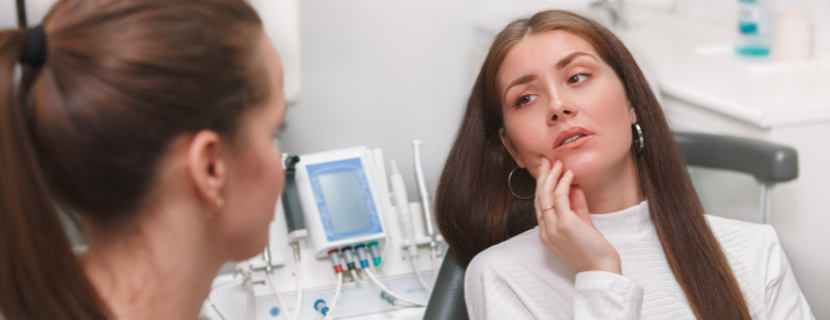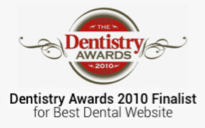How to avoid a dental disaster this Halloween

It’s officially the spooky season. The leaves are falling, pumpkins are being picked and Halloween is looming. But ghouls and vampires are not the only things you need to look out for this year.
One thing that is often forgotten (and perhaps the scariest of them all) – is tooth decay. Read on to find out our top tips to avoid a dental disaster this Halloween.
Sugar-free or low sugar ingredients
We all know by now that sugar is bad for our teeth. Often we can keep track of what sweets our children have, but trick or treating makes this more difficult. For sweets you buy for the trick or treaters, we recommend to try looking for confectionery and chewing gum containing the artificial sweetener Xylitol, as this may help to reduce tooth decay.
The important thing is not the amount of sugar you eat or drink but how often you do it.
Dentists suggest consuming sweets during or just after mealtimes, as this is when more saliva is produced which helps neutralise plaque acids and repairs early tooth decay.
Dark chocolate alternatives
Dark chocolate has a number of great health benefits, including improving blood flow and lowering your risk of heart disease. You might not know that it is also better for your teeth and gums, with the antioxidants in dark chocolate being shown to fight periodontal disease!
Spooky stats
- Tooth decay remains the main reason for hospital admissions among 5 to 9 year olds.
- The amount of hospital admissions between 2020 – 21 for tooth decay/dental cavities was 15,114 for children aged 1 – 16.
- The number of 5-9 year olds requiring tooth extractions in hospital rose to 16,959 in 2021-22
Avoid sticky sweets that stay in your mouth for longer

You know when you eat a sweet and it gets stuck to the back of your teeth? It may not surprise you that these kinds are extremely bad for your teeth. The longer a sticky sweet is in your mouth and stuck to your teeth, the longer it has to produce harmful bacteria. Retaining sweets in your mouth for longer – like when eating a lollipop – means the sugar is slowly released. Saliva and bacteria will then combine to produce plaque, which if left, can dissolve enamel.
They also pose the threat of a dental emergency due to teeth cracking, chipping or breaking when biting into them.
Remember to brush those fangs
Even Dracula would have to have kept to some sort of brushing routine – (especially peak biting season). Keeping up your dental hygiene routine is essential every day, but even more so after eating lots of sweets and snacks.
Our top tips for effective tooth brushing:
- Place your brush at a 45 degree angle to your gums
- Gently move the brush back and forth in short strokes
- Brush the outer surfaces, the inner surfaces, and the chewing surfaces of the teeth.
- To clean the inside surfaces of the front teeth, tilt the brush vertically and make several up-and-down strokes.
References

 How to achieve a perfect smile in just six months
How to achieve a perfect smile in just six months
 Dental emergency in Preston? Lifestyle Dental is here for you!
Dental emergency in Preston? Lifestyle Dental is here for you!
 Celebrating 15 Years of Smiles at Lifestyle Dental
Celebrating 15 Years of Smiles at Lifestyle Dental






